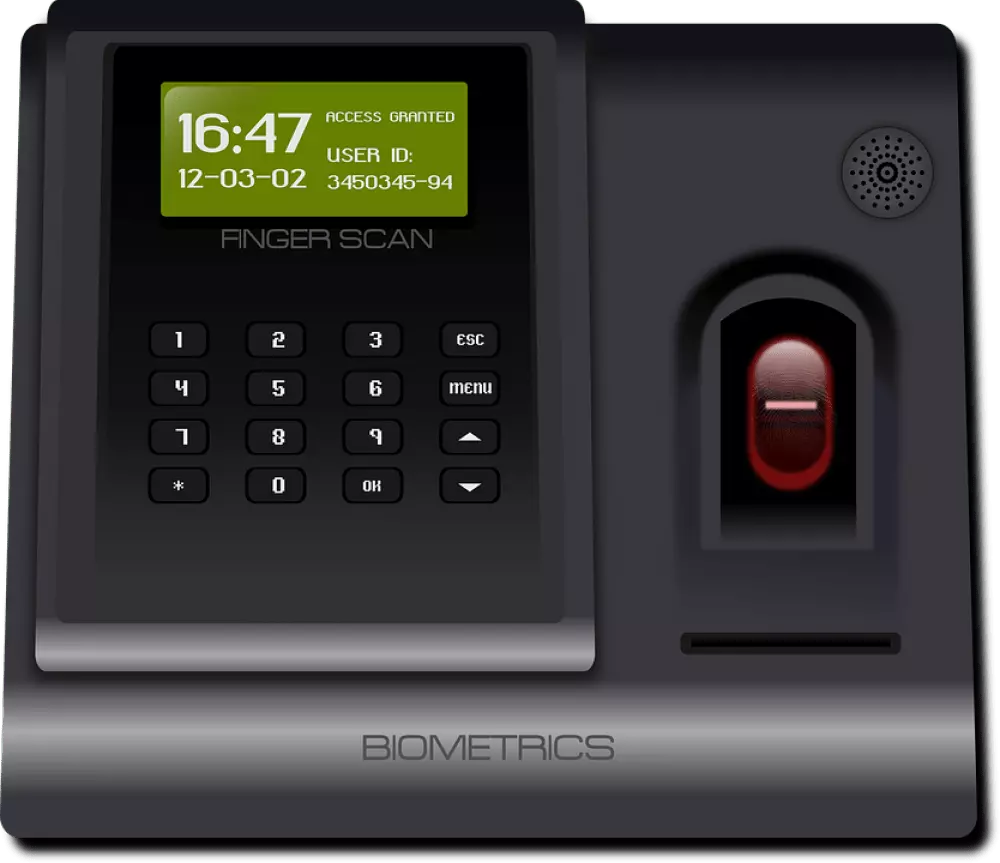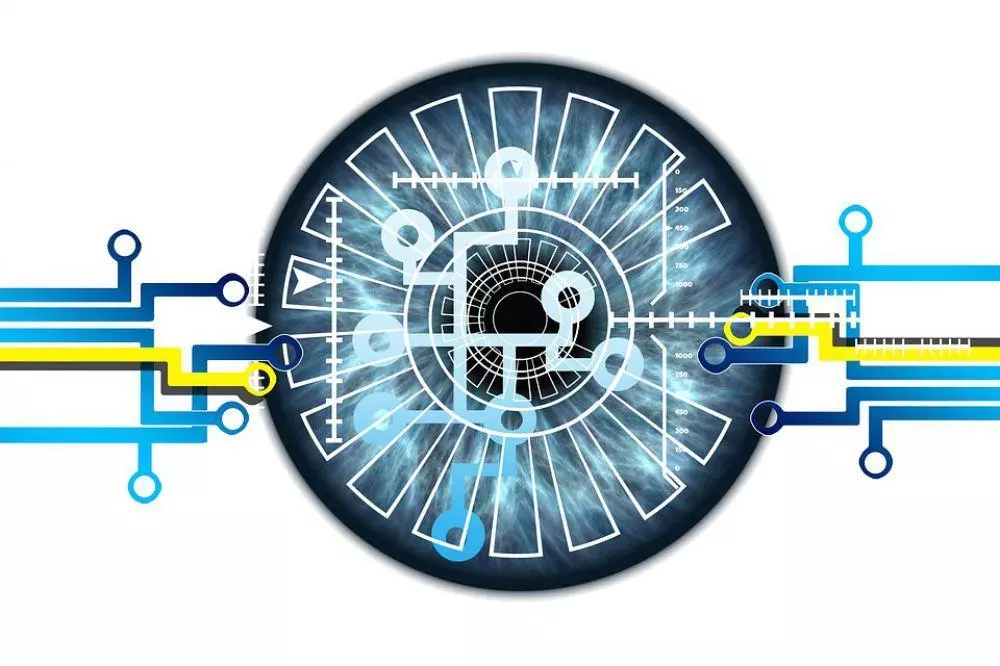For physical shops hoping to compete with online retailers, data and biometrics offer new hope. But success is only possible with a razor-sharp focus on the customer experience.

Machines are getting more and more intimate with our bodies. Whether it's our fingerprints, eyeballs or the way we speak, biometric technology now understands what makes us unique better than our own mothers. A lot has been made of the rise of the frictionless payment systems this technology facilitates, but saving ten seconds at the checkout won’t solve the biggest of retail’s problems.
People of all ages have embraced online shopping, with 56% of Britons saying they prefer to buy online according to PwC. For millennials in particular, swiping through purchase options on a smartphone and waiting for items to be delivered – perhaps by drone or delivery bot – is just a normal part of the retail experience.
As online shopping becomes more popular, high streets all over the world are going quiet. In the US, the birthplace of the mall, up to a quarter of shopping centres may be closed by 2022, according to research from Credit Suisse. Not only are online stores better at understanding the needs of the customer, they’re cheaper and more convenient than their physical counterparts too.
Online retailers automatically know which products we’ve looked at before, how long we’ve spent weighing up our options, and what we ultimately decided to purchase. Stores use this “data passport” to tailor customer journeys based on individual preferences, which is a big part of what makes online shopping such a seamless and appealing experience. By comparison, when I walk into my local department store, sometimes I’d be lucky to find someone to tell me where the jeans are.

If physical stores want to survive and thrive, these businesses need to radically rethink the experience they’re offering to their customers. Ensuring staff are trained and empowered to deliver brilliant customer service is a strong start. After all, nobody enjoys engaging with a sales assistant who know less about their company’s products than an app or isn’t empowered to deal with individual customer situations. But unless shops can leverage customer data effectively, progress will be too slow and fragmented to pack the punch that retail so desperately needs.
According to Adam Smith, client and research manager at emotional intelligence company Sensum, biometrics will almost certainly play a role in reimagining tomorrow’s retail experience. He explains:
Already we use things like heart rate, galvanic skin response, breathing rate and skin temperature because they're the four biometrics that have a direct relation to the autonomic nervous system. When measured, this gives an indication of both arousal and emotional engagement.
In the era of e-commerce, physical stores have to focus on redesigning the customer journey so they can meet the expectations of consumers who value personalisation and convenience above all else. This is where biometrics come in — and not just at the queue. Marketers can use biometric technologies to read the emotional reactions of shoppers the moment they walk into a shop, and design displays and experiences to appeal to shoppers based on who they are. One of our banking clients is in the early stages of exploring the impact of this technology in their new retail branches, but they’re by no means the first.
Tesco piloted an early version of this at its UK service stations in 2013. The supermarket installed face-scanning cameras and advertising screens near its tills to identify a customer’s age and gender, and then aimed advertisements at them based on these details. Since then, the technology has exploded onto the high streets with upscale hotels and well-known retailers leading the charge. Fashion brands have been especially keen to get to know their customers better: 59% now use some form of facial recognition.

Despite the hype though, not everyone’s convinced that biometrics alone are tomorrow’s most important data type. Graham Hill, client engagement director at management consultancy firm Ctrl-Shift, is more interested in contextual data. He says:
Biometric data can be used for verifying your identity and proving your age, but in terms of marketing to individual consumers, it’s not enormously useful. Contextual data offers much more interesting possibilities for designing customer journeys.
Contextual data is all of the incidental information collected about customers from their smartphones. It brings together their geolocation with what the weather’s like, and can cross-reference recent search history with previous purchases. When contextual data is combined in this way, retailers can anticipate what shoppers want before they do, and make discovering it more like a game than a chore. Hill explains:
Many offline stores are collecting additional data like this when customers are part of a loyalty scheme or they’re buying club membership of some kind. Knowing about past shopping behaviour and the ability to use that data means innovations like dynamic offers as you go past certain shelves are possible.
For now, more and more customers are choosing to do their shopping online. For stores to compete with online retailers they need to pay close attention to the customer experience they’re providing. Stores may not be able to compete with the convenience of online shopping, but with the right data, they can deliver customer journeys that matter.







Leave your comments
Post comment as a guest